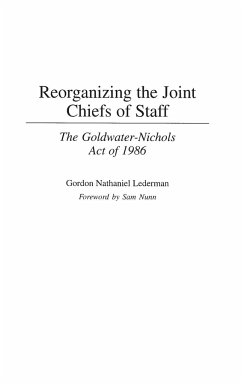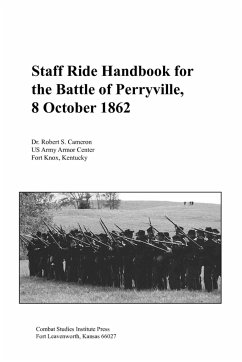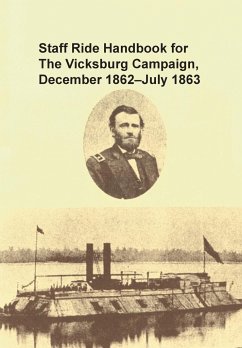The Goldwater-Nichols Department of Defense Reorganization Act of 1986 is the most important legislation to affecting U.S. national defense in the last 50 years. This act resulted from frustration in Congress and among certain military officers concerning what they believed to be the poor quality of military advice available to civilian decision-makers. It also derived from the U.S. military's perceived inability to conduct successful joint or multi-service operations. The act, passes after four years of legislative debate, designated the Chairman of the Joint Chiefs of Staff as the principal military advisor to the President and sought to foster greater cooperation among the military services. Goldwater-Nichols marks the latest attempt to balance competing tendencies within the Department of Defense, namely centralization versus decentralization and geographic versus functional distributions of power. As a result of the Goldwater-Nichols Act, the Chairman of the Joint Chiefs has achieved prominence, but his assignment is somewhat contradictory: the spokesman and thus the advocate for the Commander in Chief, while simultaneously the provider of objective advice to the President. While the act did succeed in strengthening the CINCs' authority and in contributing to the dramatic U.S. achievements in the Gulf War, the air and ground campaigns revealed weaknesses in the CINCs' capability to plan joint operations. In addition, the increased role of the military in ad hoc peacekeeping operations has challenged the U.S. military's current organizational structure for the quick deployment of troops from the various services. Rapid technological advances and post-Cold War strategic uncertainty also complicate the U.S. military's organizational structure.
Hinweis: Dieser Artikel kann nur an eine deutsche Lieferadresse ausgeliefert werden.
Hinweis: Dieser Artikel kann nur an eine deutsche Lieferadresse ausgeliefert werden.








